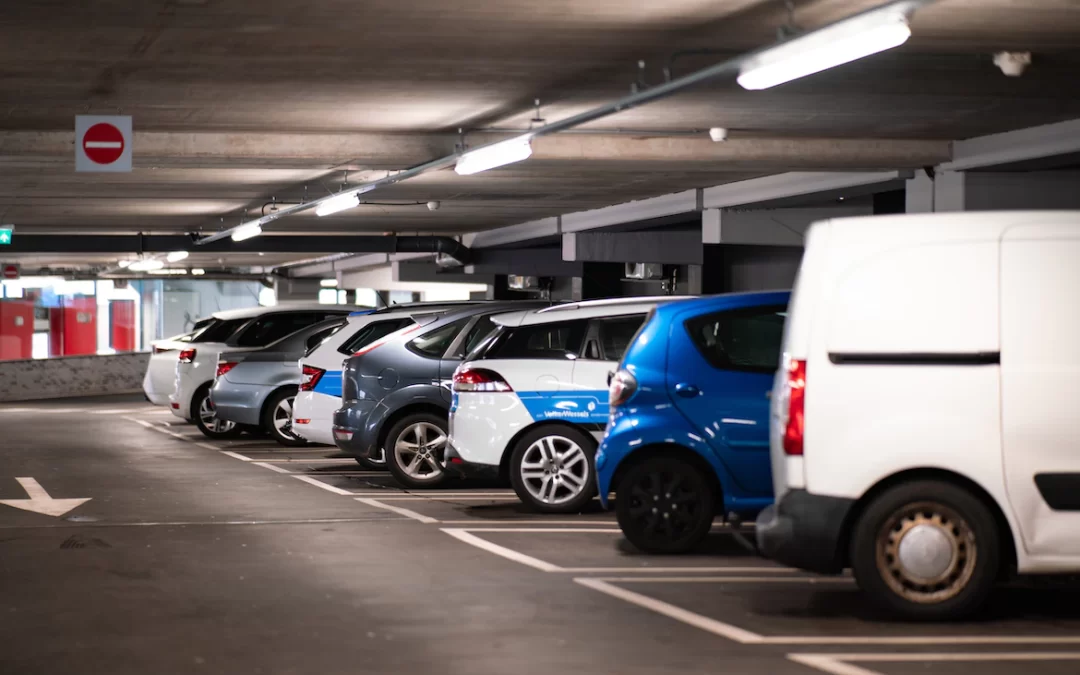Over eight million households across the UK will receive a £301 Cost of Living Payment from the Government, with payments rolled out from today, demonstrating the Government’s relentless focus on our five priorities – including halving inflation, growing the economy and reducing debt.
As the cost of living continues to affect families across the UK, these payments are designed to target support towards the most vulnerable in society and provide them with a financial boost.
The Department for Work and Pensions (DWP) will send payments automatically and directly to recipients’ bank accounts, with a reference of their National Insurance number followed by ‘DWP COL’.
This is the first of up to three payments for those eligible on means-tested benefits, including Universal Credit, Pension Credit and tax credits, totalling £900 through 2023/24. These will be accompanied by a £150 payment for people on eligible disability benefits this summer, and a £300 payment on top of Winter Fuel Payments for pensioners at the end of 2023.
This builds on the significant cost of living support already provided to eligible households throughout 2022 – now worth an average of £3,300 per household over this year and last.
Those entitled do not need to do apply for the payment or do anything to receive it. Payments made during this window will be staggered over the next couple of weeks meaning not everyone entitled to receive a payment will receive it today.
Mel Stride, Secretary of State for Work and Pensions, said:
“This latest additional payment will be welcomed by millions of families – as will further payments due over the next year.
“We have continually supported those most vulnerable to rising costs, including through record benefits and national living wage increases as well as these exceptional Cost of Living Payments responding to the global pressures we are facing.
“We will also continue to deliver on our five priorities, including halving inflation, as this will ease pressure on households currently struggling with household bills and rising prices.”
Jeremy Hunt, Chancellor of the Exchequer, added:
“The best thing we can do to help people’s money go further is deliver on our priorities to halve inflation and grow the economy.
“But we’re also here to help people through these tough times, which is why we’re holding down energy bills, freezing fuel duty, increasing Universal Credit, and giving £900 payments to low income and vulnerable families – all in part funded through windfall taxes on energy profits.”
People will be eligible for the Cost of Living Payment if they have been entitled to a payment for one of seven benefits between 26 January and 25 February 2023. The eligible benefits are:
- Universal Credit;
- Pension Credit;
- Income-based Jobseekers Allowance;
- Income-related Employment and Support Allowance;
- Income Support;
- Working Tax Credit;
- Child Tax Credit.
Once the majority of those who are entitled to a payment by DWP have been paid, HM Revenue and Customs (HMRC) will make payments of £301 between Tuesday 2 and Tuesday 9 May to one million eligible families receiving tax credits only, with the banking reference ‘HMRC COLS’.
The latest payment follows on from the £650 Cost of Living Payment delivered by the Government in 2022, along with another £150 disability payment and a £300 pensioner payment.
While payments are made automatically, people must be receiving one of the eligible qualifying benefits during the specified period to qualify. Those who wish to check their entitlement to benefits should use a benefits calculator on Gov.ukto get a better idea of what they could receive.
Low-income pensioners particularly should check their eligibility for Pension Credit, as they may still be able to receive the £301 Cost of Living Payment, and subsequent payments, if they make a successful backdated application by 19 May 2023.
Those in need are also encouraged to contact their local council to see if any additional support is available in their local area, such as through the DWP’s Household Support Fund in England, worth over £2 billion across its lifetime.




